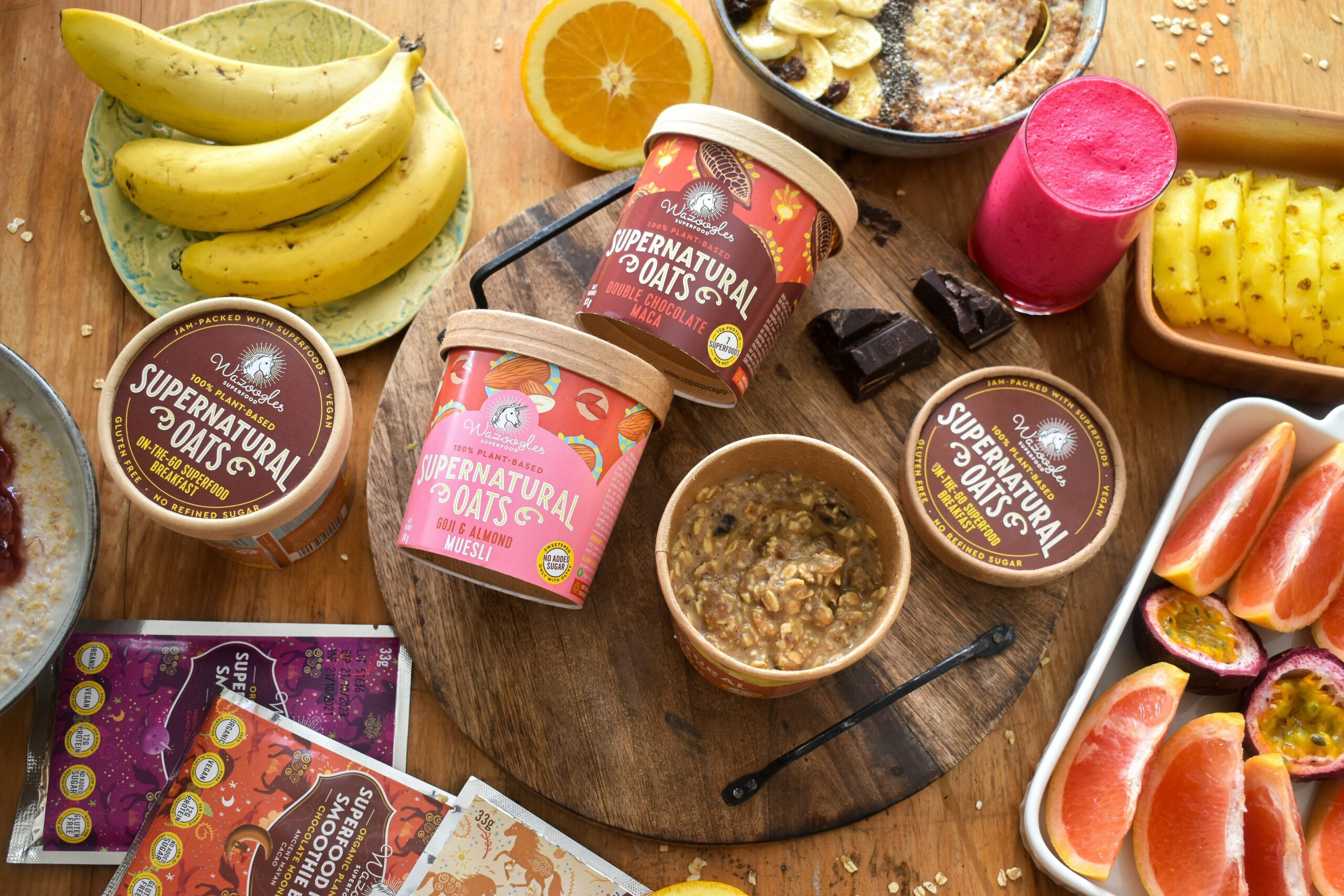

Introduction to Superfoods
Superfoods have taken the health world by storm, captivating both nutrition enthusiasts and casual eaters alike. But what exactly are these nutrient-packed powerhouses? Simply put, superfoods are those special foods that boast an impressive array of vitamins, minerals, antioxidants, and other beneficial compounds. They promise to boost your energy levels, improve your mood, and even enhance your overall well-being.
With so many choices out there—from acai berries to kale—navigating the superfood landscape can feel overwhelming. Yet incorporating just a few of these gems into your daily routine can lead to transformative health benefits. Ready to discover how you can elevate your diet with nature’s finest offerings? Let’s dive in!
Benefits of Incorporating Superfoods into Your Diet
Incorporating superfoods into your diet can transform your health in remarkable ways. These nutrient-dense foods are packed with vitamins, minerals, and antioxidants. They enhance overall wellness and boost energy levels.
Superfoods often support a healthy immune system. Nutrients like vitamin C found in berries help fend off illnesses. Consuming these powerhouses can also improve digestion due to their high fiber content.
Mental clarity is another benefit worth noting. Ingredients such as kale and fatty fish contain omega-3s, which promote brain function and sharpness.
Weight management becomes easier with superfoods too. Many of them are low in calories but high in nutrients, keeping you satisfied while helping maintain a healthy weight.
Many superfoods possess anti-inflammatory properties that may reduce the risk of chronic diseases over time. Embracing these extraordinary foods opens doors to better living through conscious eating habits.
Top 10 Superfoods and How They Benefit the Body
Blueberries are often celebrated for their high antioxidant content. These tiny fruits can help combat oxidative stress and inflammation. Plus, they’re deliciously sweet!
Kale stands out as a leafy green powerhouse. Packed with vitamins A, C, and K, it’s perfect for boosting your immune system. Toss it into salads or smoothies.
Quinoa is a fantastic grain alternative rich in protein and fiber. It’s gluten-free and versatile, making it a great base for numerous dishes.
Chia seeds are small yet mighty sources of omega-3 fatty acids. They aid digestion by absorbing liquid to create a gel-like texture.
Avocados provide healthy fats that can improve heart health. Their creamy goodness makes them ideal for spreads or toppings.
Sweet potatoes offer complex carbohydrates along with vitamin A to support vision health—simply roast or mash them!
Turmeric boasts curcumin, known for its anti-inflammatory properties; sprinkle it on meals or mix into drinks.
Salmon delivers essential omega-3s that benefit brain function while being utterly satisfying when grilled or baked.
Spinach contains iron which supports energy levels; add fresh leaves to wraps or stir-fries effortlessly.
Nuts like almonds provide healthy snacks loaded with nutrients—just a handful can keep you going throughout the day!
Common Myths and Misconceptions about Superfoods
Superfoods often come with a lot of hype, leading to misconceptions. One common myth is that all superfoods are exotic and expensive. In reality, many nutrient-dense foods like spinach or beans can be found in your local grocery store at a reasonable price.
Another misconception is that eating superfoods alone will lead to instant weight loss or health improvements. While they are beneficial, they can’t replace an overall balanced diet and healthy lifestyle.
Some people believe that “superfood” guarantees miraculous effects on their health. However, it’s the cumulative effect of integrating these foods into a balanced diet over time that truly makes a difference.
There’s the idea that you need to consume large quantities of superfoods for them to be effective. Even small portions can provide significant benefits when combined with other healthy choices. It’s about consistency rather than extremes.
Budget-Friendly Alternatives to Expensive Superfoods
Eating healthy shouldn’t break the bank. Many superfoods come with a hefty price tag, but there are affordable alternatives that pack similar nutritional punches.
Consider beans and lentils instead of trendy quinoa. These legumes offer protein, fiber, and essential nutrients at a fraction of the cost.
Spinach is often touted as a superfood; however, kale can be found for less and provides an array of vitamins without straining your wallet.
Frozen fruits like berries can replace exotic acai or goji berries while still delivering antioxidants. They’re just as nutritious and often cheaper.
Sweet potatoes are budget-friendly stand-ins for more expensive health foods. Rich in vitamins A and C, they make versatile additions to meals.
Simple grains like brown rice or oats provide energy and fiber without the premium pricing associated with specialty grains. Eating well doesn’t have to mean spending more—it’s all about making smart choices!
Conclusion: Small Changes for Big Health Benefits with Superfoods
Incorporating superfoods into your diet doesn’t have to be overwhelming. Small changes can lead to significant health benefits over time. Start by adding a few of these nutrient-dense foods to your meals each week. Whether it’s tossing some spinach into your smoothie or snacking on berries instead of chips, every little bit counts.
You don’t need to overhaul your entire eating pattern overnight. Focus on what works best for you and gradually introduce more superfoods as you become comfortable. Remember, it’s about balance and making choices that promote overall wellness.
The journey towards better health is ongoing, and with the right foods in your corner, you’re well-equipped for success. Embrace these powerful ingredients and enjoy the vibrant energy they bring to your life.
